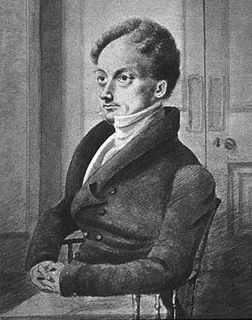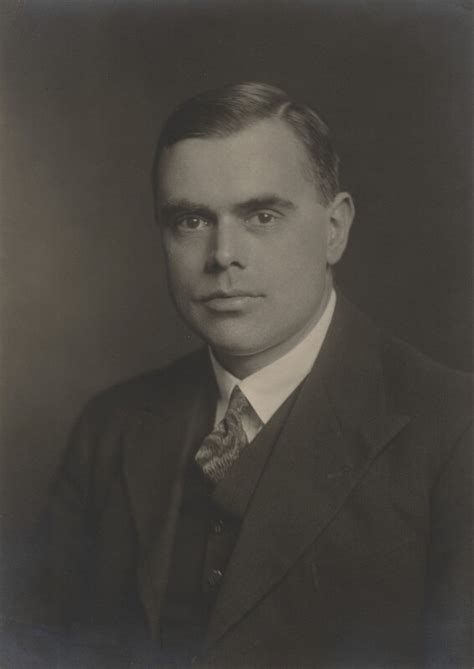A Quote by David Hume
Nothing appears more surprising to those, who consider human affairs with a philosophical eye, than the easiness with which the many are governed by the few; and the implicit submission, with which men resign their own sentiments and passions to those of their rulers.
Related Quotes
The house of representatives ... can make no law, which will not have its full operation on themselves and their friends, as well as the great mass of society. This has always been deemed one of the strongest bonds by which human policy can connect the rulers and the people together. It creates between them that communion of interest, and sympathy of sentiments, of which few governments have furnished examples; but without which every government degenerates into tyranny.
Whenever the powers of government are placed in any hands other than those of the community, whether those of one man, of a few, or of several, those principles of human nature which imply that government is at all necessary, imply that those persons will make use of them to defeat the very end for which government exists.
Perhaps the most surprising thing about mathematics is that it is so surprising. The rules which we make up at the beginning seem ordinary and inevitable, but it is impossible to foresee their consequences. These have only been found out by long study, extending over many centuries. Much of our knowledge is due to a comparatively few great mathematicians such as Newton, Euler, Gauss, or Riemann; few careers can have been more satisfying than theirs. They have contributed something to human thought even more lasting than great literature, since it is independent of language.
Men are admitted into heaven not because they have curbed and governed their passions or have no passions, but because they have cultivated their understandings. The treasures of heaven are not negations of passion, but realities of intellect, from which all the passions emanate uncurbed in their eternal glory.
Nothing has so exposed men of learning to contempt and ridicule as their ignorance of things which are known to all but themselves. Those who have been taught to consider the institutions of the schools as giving the last perfection to human abilities are surprised to see men wrinkled with study, yet wanting to be instructed in the minute circumstances of propriety, or the necessary form of daily transaction; and quickly shake off their reverence for modes of education which they find to produce no ability above the rest of mankind.
The great objects which presented themselves [to the Constitutional Convention] ... formed a task more difficult than can be well conceived by those who were not concerned in the execution of it. Adding to these considerations the natural diversity of human opinions on all new and complicated subjects, it is impossible to consider the degree of concord which ultimately prevailed as less than a miracle.
It is a misfortune, inseparable from human affairs, that public measures are rarely investigated with that spirit of moderation which is essential to a just estimate of their real tendency to advance or obstruct the public good; and that this spirit is more apt to be diminished than prompted, by those occasions which require an unusual exercise of it.
There are, in human affairs, two kinds of problems: those which are amenable to a technical solution and those which are not. Universal health-care coverage belongs to the first category: you can pick one of several possible solutions, pass a bill, and (allowing for some tinkering around the edges) it will happen.
God rewards those who seek Him. Not those who seek doctrine of religion or systems or creeds. Many settle for these lesser passions, but the reward goes to those who settle for nothing less than Jesus himself. And what is the reward? What awaits those who seek Jesus? Nothing short of the heart of Jesus.
Nothing is more unjust, however common, than to charge with hypocrisy him that expresses zeal for those virtues which he neglects to practice; since he may be sincerely convinced of the advantages of conquering his passions without having yet obtained the victory as a man may be confident of the advantages of a voyage or a journey, without having courage or industry to undertake it, and may honestly recommend to others those attempts which he neglects himself.




































